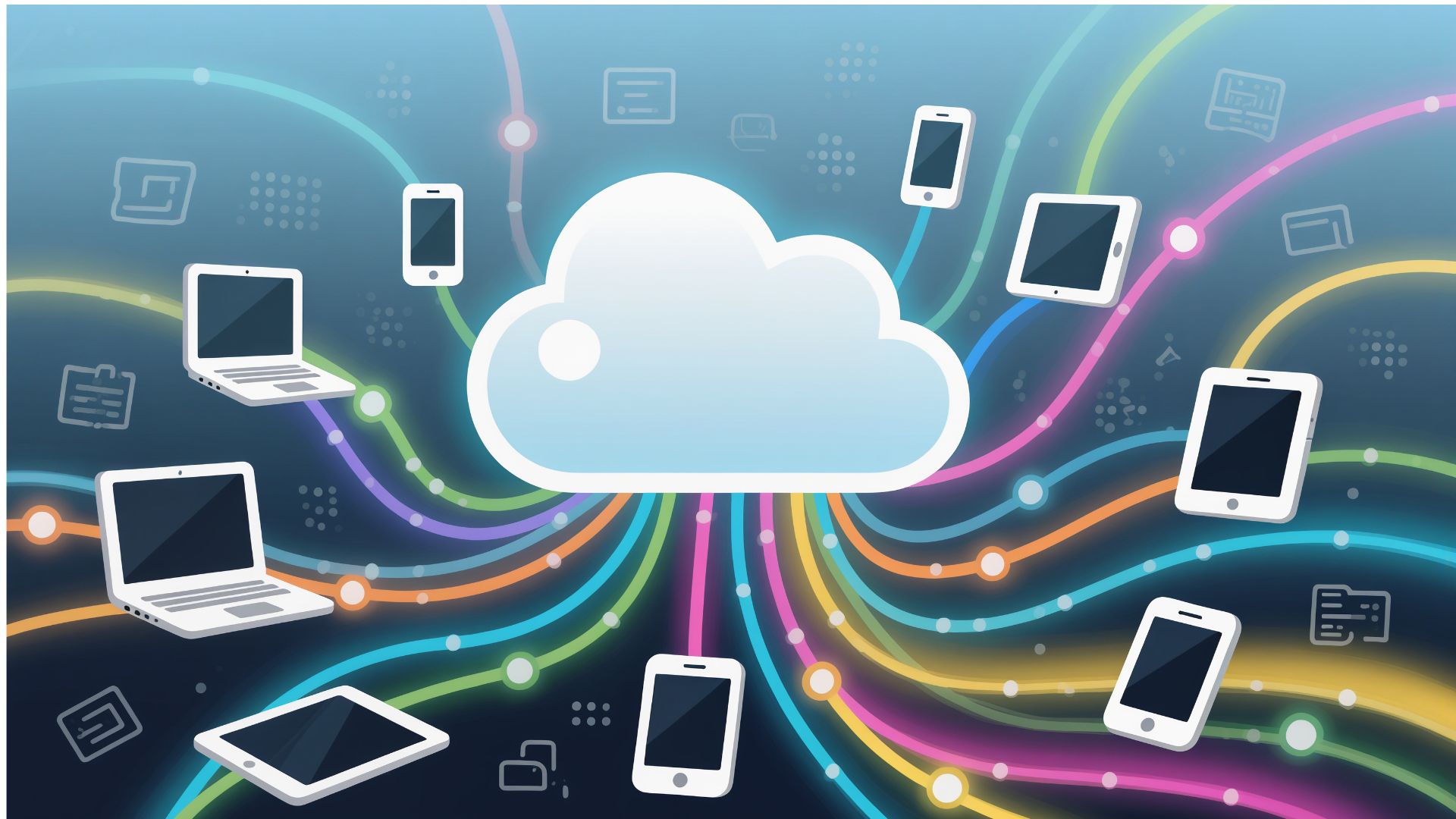Barcelona accelerates towards citizen digitalisation
In recent years, Barcelona has taken decisive steps towards becoming an exemplary Smart City in Europe. According to recent announcements, the city plans to digitize up to 95% of citizen procedures in just two years. This represents a real transformation in the way people and companies interact with public institutions. But beyond administration, this massive digitalization opens up a huge range of opportunities for automation in local businesses and services.
The city’s objective is to simplify and streamline processes, reduce bureaucratic times and costs and increase transparency. Barcelona is preparing for a new era in which technology will be the basis of both public and private management. Creating a smart and fast urban ecosystem.
Impact of digitalisation on shops and services
This digital revolution involves more than just electronic document management. It means the possibility of integrating their processes with municipal digital platforms. This makes all kinds of procedures such as licenses, tax payments, reservations and authorizations easier and faster. The administrative burden that many SMEs bear is reduced. Time and resources are freed up to focus on what matters: improving the quality of service and offer.
In addition, this digitalisation promotes transparency and regulatory compliance, key elements in generating consumer trust. A business that adopts digital tools is perceived as modern, agile and reliable, attributes that are highly valued by customers.
Automation as an engine to boost local businesses
Automation goes far beyond digitizing forms or procedures. It consists of applying intelligent technologies to optimize internal processes, reduce errors, improve efficiency and offer personalized services. In a Smart City context, automation becomes an essential competitive advantage for businesses and services.
For example, inventory automation with AI allows stores to anticipate demand, optimize stock, reduce losses and improve profitability. In catering, automation facilitates everything from taking orders via apps or chatbots, to reservations and kitchen control.
A prominent case is the SELF restaurant located at Barcelona-El Prat airport. SELF implemented an automated ordering and payment system. Reduced wait time and improved customer experience, especially in an environment that needs to be agile, an airport. This example demonstrates how automation, well designed and implemented, makes a difference in daily operation and user satisfaction.
Tangible benefits for businesses and users
Automation generates visible benefits for both sides of the process. For businesses, it means greater speed, lower costs and being able to offer services 24/7 without the need for additional resources. It also allows you to collect and analyze customer data to design personalized offers and improve loyalty.
For users, the experience becomes faster and more convenient. Imagine making a reservation at a restaurant, ordering your food without waiting, automatic confirmations, and digital payment options. This translates into greater satisfaction, loyalty, and repetition.
Businesses that are committed to these technologies are better positioned in the face of an increasingly digitized and demanding clientele.
Challenges and considerations for technology adoption
While the benefits are clear, the adoption of automation and digitalization comes with challenges that should not be underestimated. Many SMBs may face technological barriers, lack of knowledge, or resistance to change from employees or owners.
In addition, data security and privacy are crucial in a digitized environment. The implementation of technological solutions must be accompanied by rigorous measures to protect sensitive information and comply with regulations such as the GDPR.
It is essential that companies that offer automation services focus on creating intuitive, easy-to-integrate solutions with close support. Training and support during the transition are key to ensuring success and real adoption.
Success stories and inspiring examples in Barcelona
In addition to SELF at the airport, there are other examples of businesses in Barcelona that have successfully integrated automation. Some restaurants have adopted AI-powered digital ordering and reservation systems to handle large volumes of customers during peaks. This allows them to reduce errors and speed up service without the need to increase staff.
On the other hand, local retailers have implemented automated systems to control stock and multichannel sales, managing to expand their online presence without losing control of the physical operation. Digital platforms connected to the local administration allow these businesses to manage their tax obligations and permits automatically and without complications.
These cases reflect how Barcelona is becoming a fertile ground for digital transformation, where technology is a necessity to compete and grow.
The future of shops in the Barcelona Smart City
The process of digitalisation and automation in Barcelona is a trend that will mark the evolution of the city and its businesses in the next decade. For local businesses and services, this represents a unique opportunity to innovate and offer differential experiences to their customers.
Adopting automation technologies is not a strategy to ensure sustainability and growth in an increasingly digital and competitive environment. Barcelona will be an ecosystem where collaboration between administration, businesses and technology companies will be the key to success.




